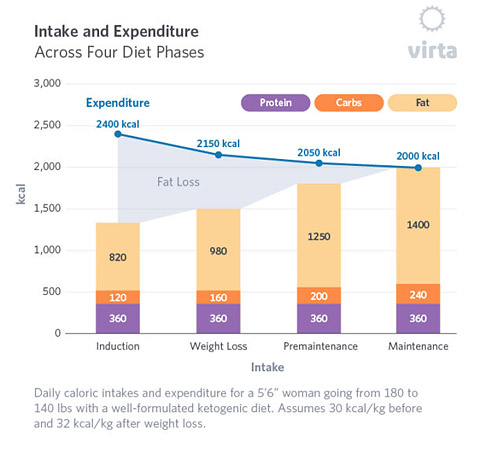Thank you everyone.
I think we are on a different page here, and it is my fault.
I didn’t start the discussion because I think his dietary advice is great, as a matter of face I have never even heard about him before reading the book. Also I didn’t know the author has a bad rep in keto community.
What fascinated me is his research on how we make subconscious decision about most things and the relevant part to our discussion; what we want to eat. The inner working of the subconscious part of our mind. How decisions are made even before we know it. (Yes, there are higher brain functions that can override those decisions, ( that’ is another discussion ) We don’t have to 100% agree whit someone to gain some benefit of their ideas.
What does that have to do whit keto you might ask? I just eat LC and everything is fine, problem solved.
What I am getting to is that even on LC we have to make decisions on what we eat. There are 3 kind of people doing keto, those who want to loose weight, to mitigate some kind of illness, or just general wellness, or any combination of these three.
I don’t really have any medical conditions or take medications, I feel much better on keto than or regular sad diet, and I don’t gain weight but, I have a really hard time loosing weight on it. Why is that? Well… because I can eat large amount of keto food, and it’s where the decision making comes to play.
By understanding how we make decisions can be a helpful tool for people in similar situation as me.
Many people who first start on keto come from the “low fat” lifestyle, fat is bad etc. Those people have hard time eating enough fat to make their weight loss stall. I however never had problem eating high fat, high cal stuff, I love the umami flavor. To me to say, eat more fat is not a good advice and, I am sure I am not the only one.
I hope this clarify a bit why I thought the book was interesting.
Thank you for reading.



